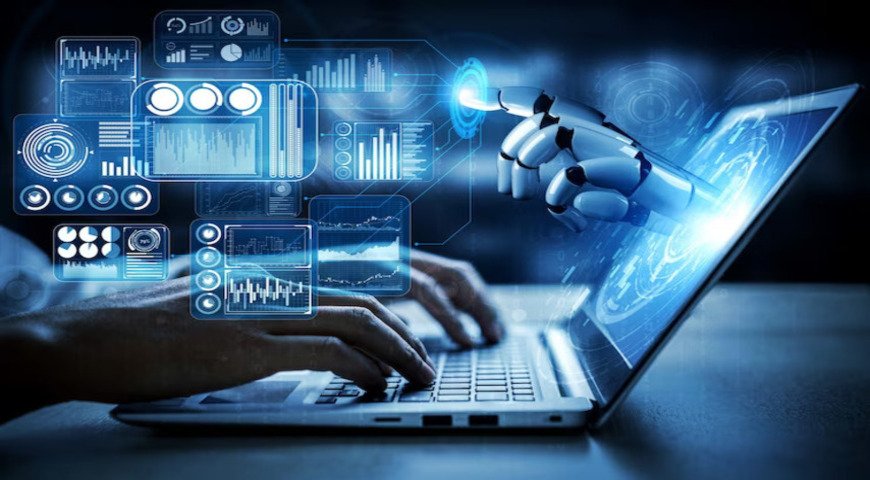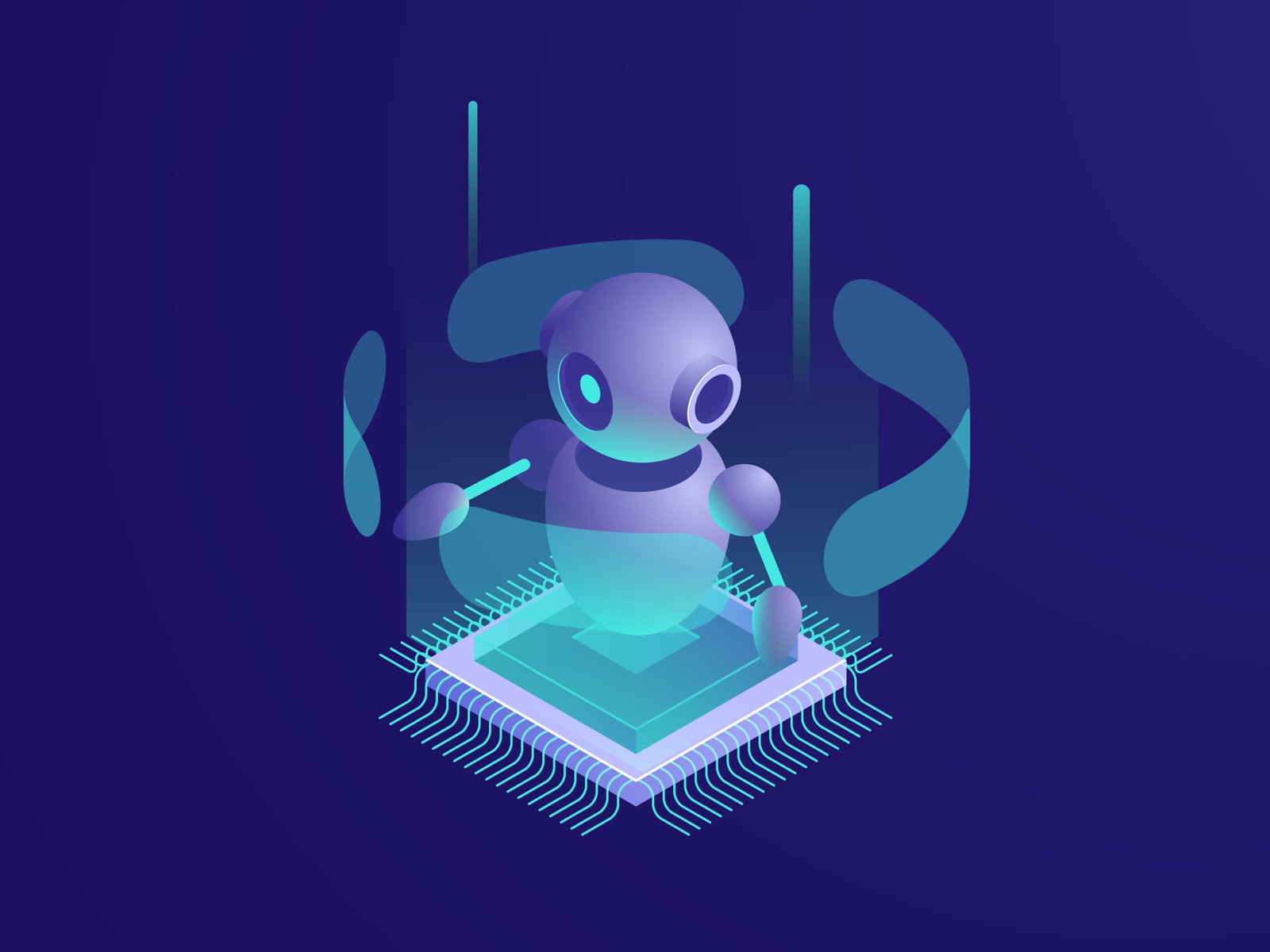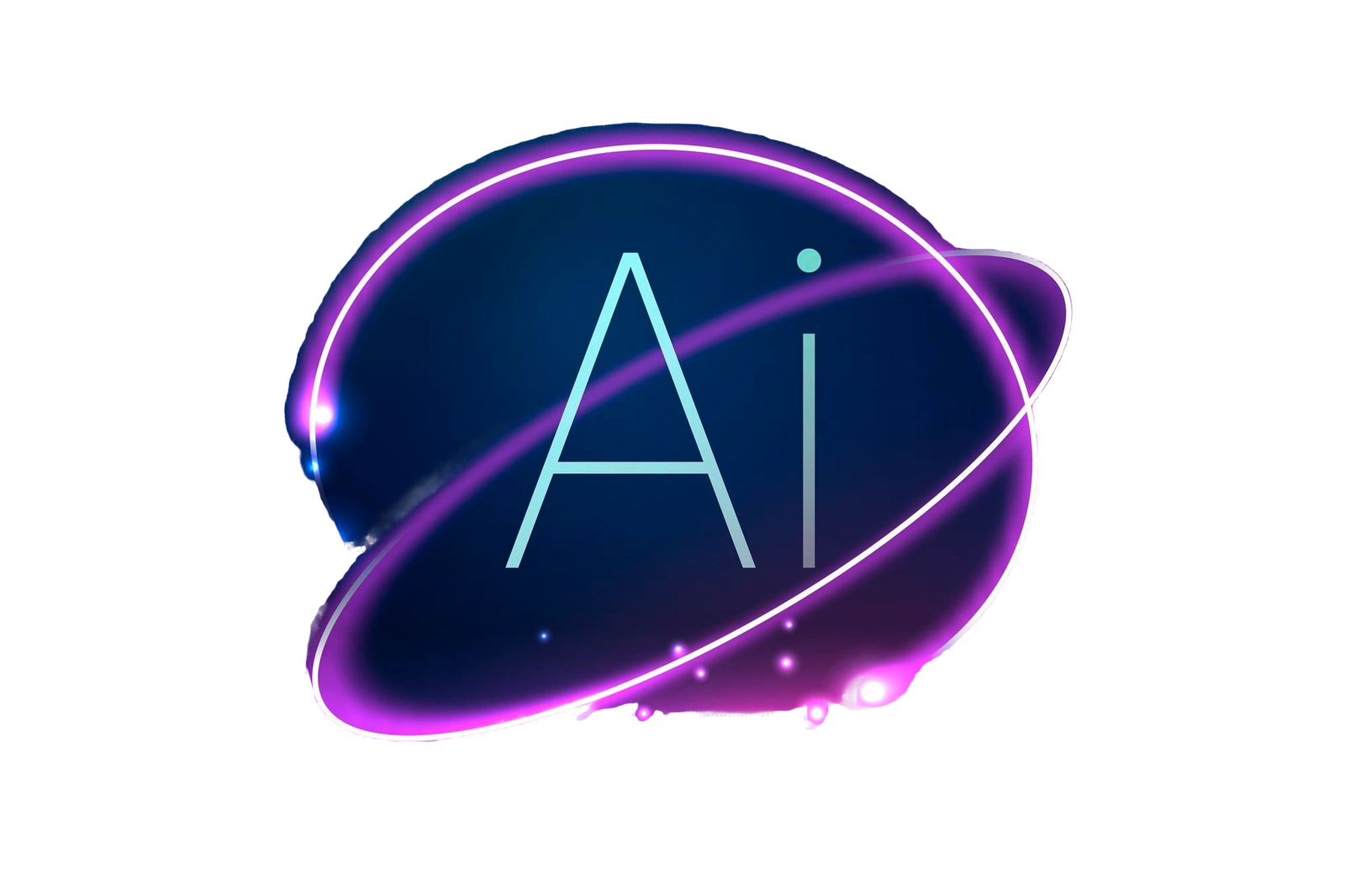In recent years, Artificial Intelligence (AI) has revolutionized numerous industries, from healthcare to entertainment. One fascinating development in the world of AI is Character AI, a type of AI designed to simulate human-like behavior and communication in a more personalized, engaging, and interactive way. Whether it’s in video games, movies, or virtual assistants, Character AI is creating new possibilities for how humans interact with technology. But what exactly is Character AI, and why is it gaining so much attention?

What is Character AI?
Character AI refers to AI systems that are designed to simulate complex characters or personas that can interact with users in a natural, meaningful way. These systems use machine learning and natural language processing (NLP) to understand and generate human-like responses, allowing them to mimic the behavior, personality, and emotions of a character. The goal is to make AI interactions feel more organic and lifelike, creating experiences that are both engaging and educational.
Unlike traditional AI, which can perform predefined tasks or answer questions based on specific algorithms, Character AI focuses on creating characters with depth, personality, and context. These characters can hold conversations, adapt to different scenarios, and respond to users with emotions or attitudes that reflect their unique traits. As a result, Character AI is commonly used in interactive applications like video games, virtual assistants, chatbots, and even storytelling platforms.
How Does Character AI Work?
Character AI relies heavily on advanced machine learning models and NLP techniques to understand and simulate human interactions. At the core of Character AI are several key technologies:
- Natural Language Processing (NLP): NLP enables Character AI to understand and generate human language. By processing large amounts of text and data, NLP algorithms can interpret the meaning behind words, sentences, and even emotions.
- Machine Learning (ML): Character AI uses machine learning to improve its performance over time. As the system interacts with users, it learns from their responses, making its behavior more refined and realistic.
- Sentiment Analysis: This is a key feature of Character AI that allows the system to detect the mood or emotional tone of a conversation. Based on the sentiment analysis, the character can adjust its tone, reactions, and responses accordingly, making the interaction more human-like.
- Contextual Awareness: Context is crucial for creating authentic characters. Character AI systems analyze the context of a conversation, taking into account past interactions, specific details about the user, and even the environment. This allows the AI to provide relevant responses and make interactions feel personalized.
Applications of Character AI
- Video Games: One of the most well-known uses of Character AI is in video games. AI-driven characters, such as non-playable characters (NPCs), interact with players by responding to their actions, making decisions, and adapting to the player’s style. This creates a dynamic gaming experience, where players can engage with characters that feel more like real people.
- Virtual Assistants: Virtual assistants, such as Amazon’s Alexa and Apple’s Siri, are another example of Character AI. These systems respond to voice commands, provide information, and even carry on short conversations. As AI technology continues to evolve, virtual assistants are becoming more sophisticated, offering richer, more human-like interactions.
- Chatbots: Many businesses use AI-powered chatbots to interact with customers on websites or in apps. These chatbots can answer customer inquiries, provide product recommendations, and even simulate a conversation with a friendly customer service representative. As Character AI improves, these bots will be able to hold more complex and nuanced conversations.
- Storytelling Platforms: Character AI is being used to enhance interactive storytelling platforms, where users can create their own narratives by conversing with AI-generated characters. These platforms often allow characters to respond to user input in creative and dynamic ways, giving users a sense of control over the story’s direction.
- Education and Training: Character AI has the potential to revolutionize education and training by offering personalized learning experiences. AI-driven tutors or coaches can adapt to each student’s needs, providing tailored feedback and support.
Benefits of Character AI
- Enhanced User Engagement: By making interactions with AI more immersive and human-like, Character AI can significantly improve user engagement. Whether it’s in a video game or a chatbot, users are more likely to invest time in experiences that feel personal and dynamic.
- Personalization: Character AI systems can adapt to individual users, learning from their preferences and behaviors. This allows for more personalized experiences, where the AI character can tailor responses, actions, and even emotions based on the user’s unique traits.
- Emotional Connections: AI characters with emotional intelligence can create a sense of empathy, making users feel understood and valued. This is particularly important in areas like mental health or customer service, where emotional support can be crucial.
- Scalability and Cost Efficiency: Character AI allows businesses to scale their customer support operations without sacrificing quality. AI systems can handle an unlimited number of interactions simultaneously, providing instant responses at a fraction of the cost of human labor.
Challenges and Ethical Considerations
While Character AI holds immense potential, it also raises several ethical concerns and challenges:
- Privacy: AI systems that collect personal data must ensure user privacy and protect sensitive information. Misuse of data could lead to privacy breaches and erode trust in AI technologies.
- Bias: Like all AI, Character AI systems can inherit biases from the data they are trained on. If not properly managed, these biases could lead to unfair or discriminatory behavior from AI characters.
- Authenticity: As AI characters become more lifelike, it’s important to consider the line between genuine human interaction and AI-generated responses. Overreliance on AI for emotional or social support could result in a loss of meaningful human connection.
The Future of Character AI
As AI technology continues to evolve, the future of Character AI looks incredibly promising. With advancements in deep learning, reinforcement learning, and neural networks, Character AI will only become more sophisticated and realistic. In the coming years, we can expect AI-driven characters to become more integral to our daily lives, whether in entertainment, business, or personal interactions.
To learn more about the developments in Character AI and its applications across industries, explore this article and discover the latest trends.
Conclusion
Character AI represents a significant leap forward in the world of artificial intelligence. By creating characters that can interact with humans in a meaningful, personalized way, Character AI is paving the way for more engaging, immersive, and human-like experiences. While there are still challenges to overcome, the potential of Character AI to transform industries and enhance human-computer interactions is undeniable.
For more information on AI technologies, be sure to check out our AI and Machine Learning Resources.
Internal Link:- opticalsworld









